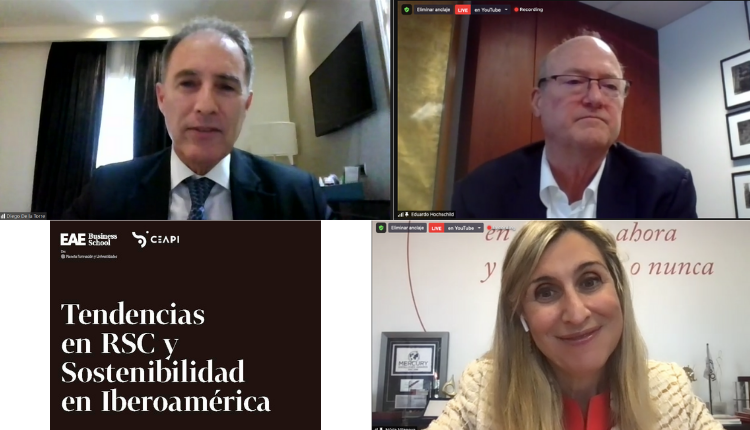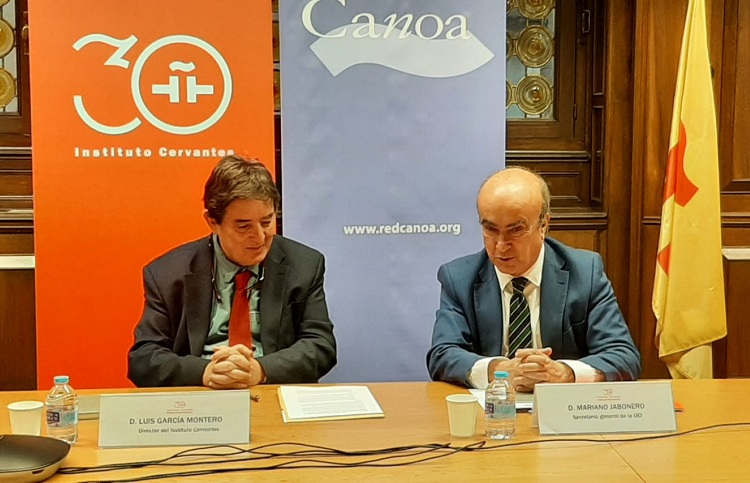The Diplomat
Philanthropy has become the second highest priority for Latin American companies, second only to revenue generation, according to a study by the EAE Business School and the Business Council Alliance for Ibero-America (CEAPI).
The first Observatory Trends in CSR and Sustainability in Ibero-America, presented this past Wednesday via videoconference from Peru, analyzes the roadmap of Ibero-American companies in their journey towards the Sustainable Development Goals (SDGs) proposed by the UN for 2030, with the participation of 100 of the largest companies in the subcontinent.
According to the study, eight out of ten Latin American companies place philanthropy actions in second position in their priorities, only below revenue generation, which translates into a transformation of their production model towards one that is more sustainable and, at the same time, favorable to causes beneficial to society. “The corporate social responsibility (CSR) challenges that we face are not only of Peru or Ibero-America, but we share them with the whole world,” said Eduardo Hochschild, president of the Hochschild Mining Group, during the event.
The report also indicates that companies from countries such as Spain, Colombia and Mexico are in favor of the implementation of global sustainability strategies as a way to achieve the goals of the UN Agenda 2030. In contrast, entities in the host country, Peru, are inclined to the contrary, with half of them preferring a local implementation of sustainability plans. “Clearly, a good part of Peruvian businessmen indicate that they prefer to develop CSR and sustainability plans locally,” contrary to what happens in other countries, explained during the presentation of the Observatory the moderator of the event, Bethlem Boronat, an expert in sustainability at the EAE Business School.
“Companies in Peru agree that the SDGs are guiding us towards a change in our business strategies, as they propitiate a transformation of the value chain with the aim of increasing the positive impact on society,” said Diego de la Torre, co-founder and chairman of the board of La Viga and Quikrete Peru. Peru and Ecuador are the countries in which businessmen find it most difficult to implement the SDGs within company strategies, although CSR programs have intensified in Peruvian companies since COVID-19.
Núria Vilanova, President of CEAPI, recalled that “Latin America is going through one of the most complicated times in its history” due to the “increase in the population living in poverty or extreme poverty and the lack of social mobility”, which “have been exacerbated by the pandemic”. For this reason, “businessmen have to respond to this moment by developing a new social contract, being motors of environmental change that affects the economy and people’s wellbeing and with their social commitment,” he continued. “Societies with prosperity are needed for companies to grow, and to be an example of good governance, with a radical fight against corruption and a clear commitment to transparency,” he added.







